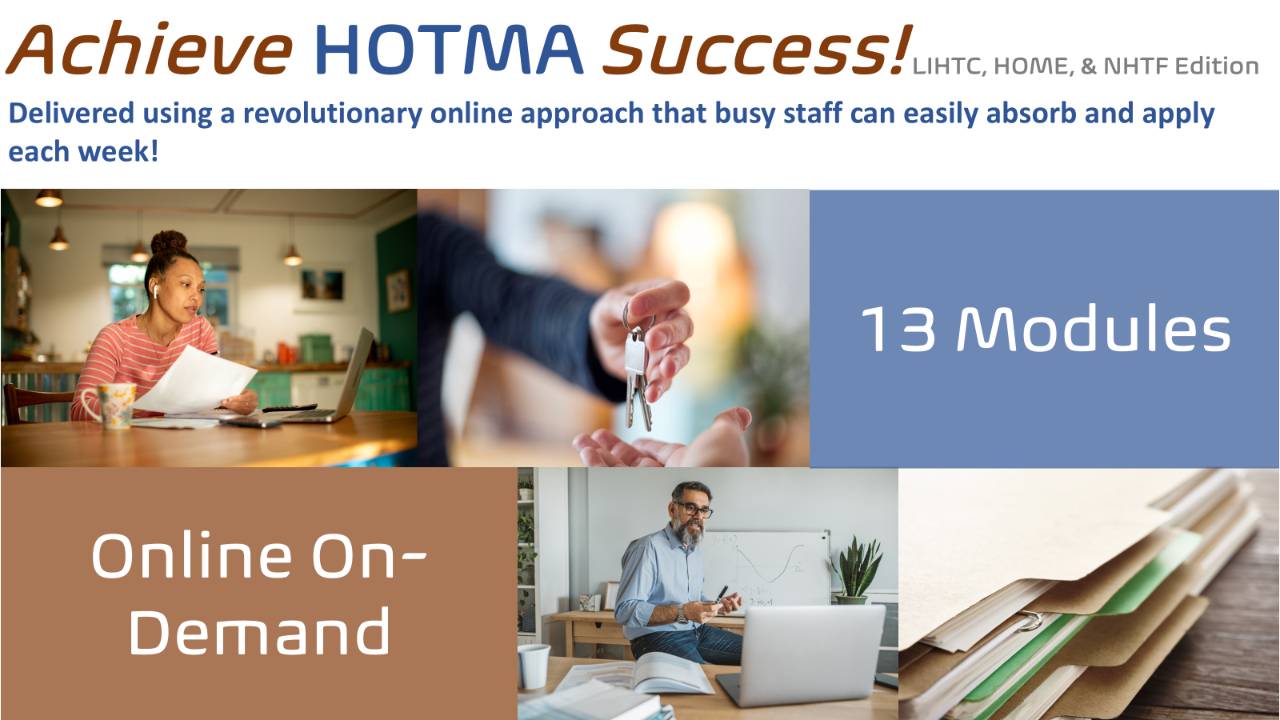Article | Internet-Bought Animal Verification: Fraud? | Part One - An Investigation
Nov 03, 2021
Our Investigation
Conscientious providers of housing are deeply concerned with the right of residents who need disablity-related accommodation to regular owner rules, policies and procedures. One accommodation to no-pet rules that many persons with disabilities truly benefit from is an allowance to have assistance animals. These can provide physical or emotional support. Fair Housing guidance from HUD and the Department of Justice indicates that, when a disability or a disability-related need is not obvious, an owner may seek reliable verification of the disability and how the requested accommodation assists the person with the disability. Many of our clients have asked about websites that sell "verification" or "certification" of assistance animals relating to disabilities. In the current technology environment, it is clear that reliable diagnoses may happen to occur over the internet and we do not ever want to curtail the rights of a person with a disability to a needed accommodation by being overly demanding regarding the verification process. Reportedly, a person can secure one of these internet certifications by filling out a short questionnaire or perhaps after a brief interview. It seems possible that no truly reliable information is involved, information based on actual knowledge of a person's condition. We also know that there is no certification for assistance animals required or endorsed by any government agency or by law. It is possible that these certifications may be unreliable or even fraudulent. However, we did not want to jump to conclusions. To be fair, we decided to investigate the authenticity of one of the providers that several residents have presented. This investigation was purely for our internal needs and we do not represent that our experience represents the veracity of all such services. However, we will share some details and we believe that our experience will provide some insight into a recent HUD action addressing similar services.
The "Interview"
In our investigation, two Costello team members were separately able to secure "verifications" simply by answering a few questions on an online questionnaire. The process was purely automated, the answers they supplied were not true and the veracity was never checked by the verifying "professional" behind the verification. The resulting letter listed animals by name and breed (as supplied on the internet questionnaires) and gave a lot of legitimate quotes relating to the Fair Housing Act and the Americans with Disabilities Act (ADA). These were framed in a vaguely threatening manner, implying big trouble if the verification was not accepted by a housing provider.
As the letter contained contact information for the professional signing the letter, we decided to talk to them directly.
The Verifying Professional
Further research on the "professional" listed in the letter indicated that they appeared to have a legitimate license to practice in New Jersey, but the "clinic" address was in Michigan. An address verification on the "clinic" indicated that it was a P.O. box at a UPS store. Perhaps a phone call was the best way to contact them? We decided to try.
Follow-up Phone Call
After many calls and messages to the service, we were never able to contact the person who signed the letter. However, one of our investigative team members was finally able to talk to a support person. She seemed very helpful. Our team member explained that she had received a dog for a present and wanted to keep it. She also made it explicitly clear that she did not have a disability. The person on the phone explained that "honey, you have an absolute right to an animal. Do you ever feel nervous or afraid? That will be enough." She then offered to walk her through how to answer the questions to get the animal certification. She said that landlords should be afraid because the laws "against them" were "scary." For a little more money, she also made it clear that the certification could cover access for an animal for housing AND public places, the ADA "up-sell".
Our Conclusion
It has to be admitted that a great deal of effort was put into giving the letters that the service provides the appearance of being authentic. Details included customized names for the people and their animals and genuine relevant quotes from civil rights statutes and regulations. However, based on our direct experience, that particular service did not provide us letters that anyone should consider reliable. The provider of the certificates had no credible direct knowledge of the persons or their needs. There was coaching to get a specific result in the face of reality and direct statements to the contrary. Finally, it was expensive. For many low-income households, the hundreds of dollars involved are a serious consideration.
It is our belief that this particular service is fraudulent on more than one level. First, they actively encouraged people to lie to get benefits to which they may not have a right under the law. Second, there was no true direct knowledge gathered or analysis done in the automated process. Finally, the service took a considerable amount of money for something of no real value, despite efforts to make it look authentic.
Based on our experience we understand the challenges such fraud presents to property management owner/agents. They must design a policy that ensures reliable verification while not creating intimidating or coercive procedural obstacles for those with rights under Fair Housing. Competent legal counsel may provide different guidance based on local and state law. However, it is not only property management professionals wrestling with these issues.
In the second part of this series, we will discuss actions HUD has taken relating to internet-based animal certification.
Looking for quality online on-demand Fair Housing training? Check out Fair Housing Fundamentals and Fair Housing Fundamentals for Maintenance Professionals. More information on these courses is HERE.

There is a very good chance that the topic of this post is covered in an online on-demand course at Costello University.
Stay connected with news and updates!
Join our mailing list to receive the latest news and updates from our team.
Don't worry, your information will not be shared.
We hate SPAM. We will never sell your information, for any reason.





